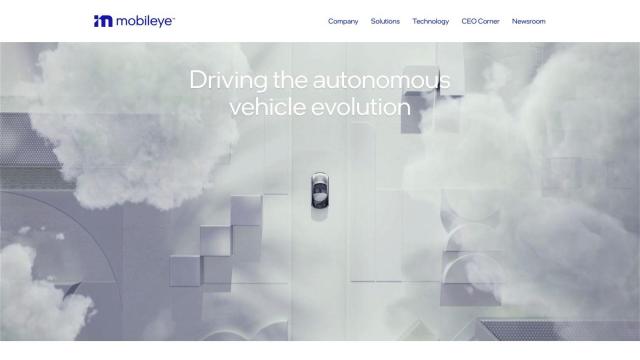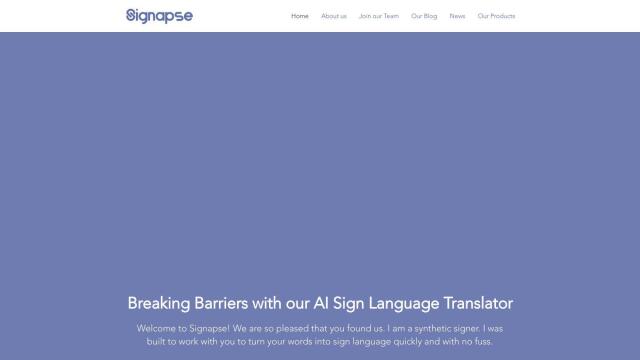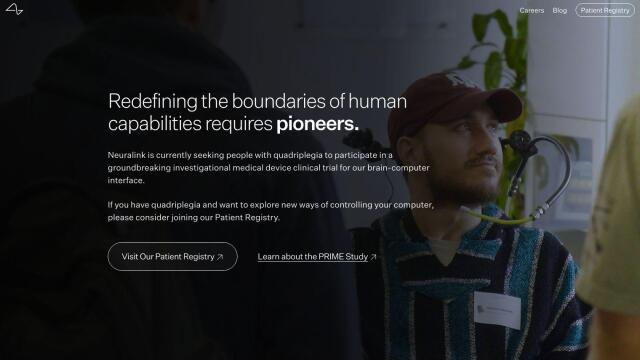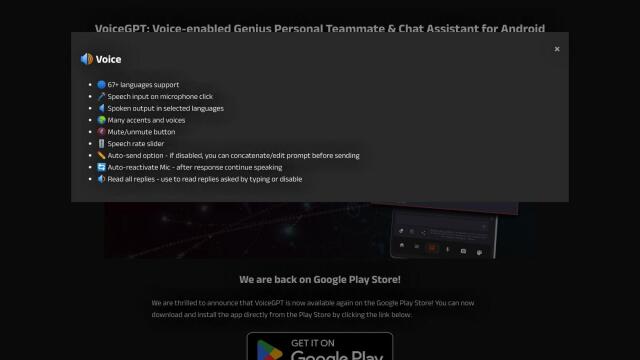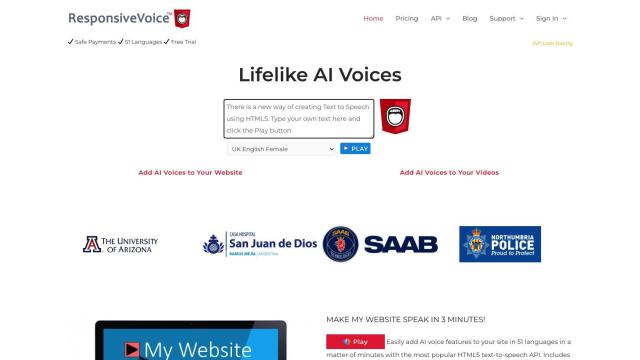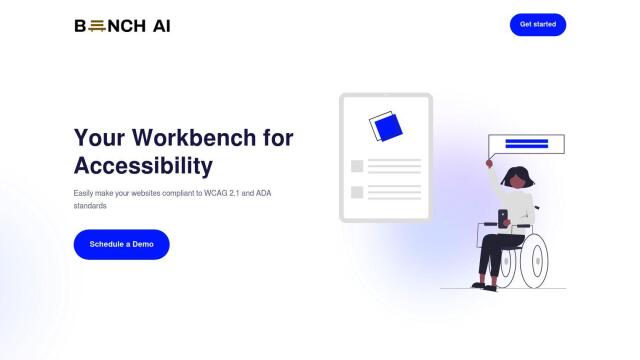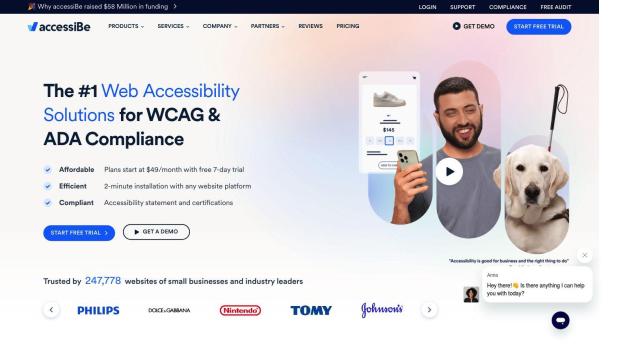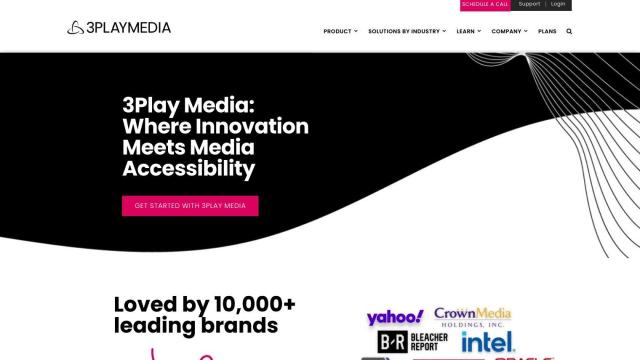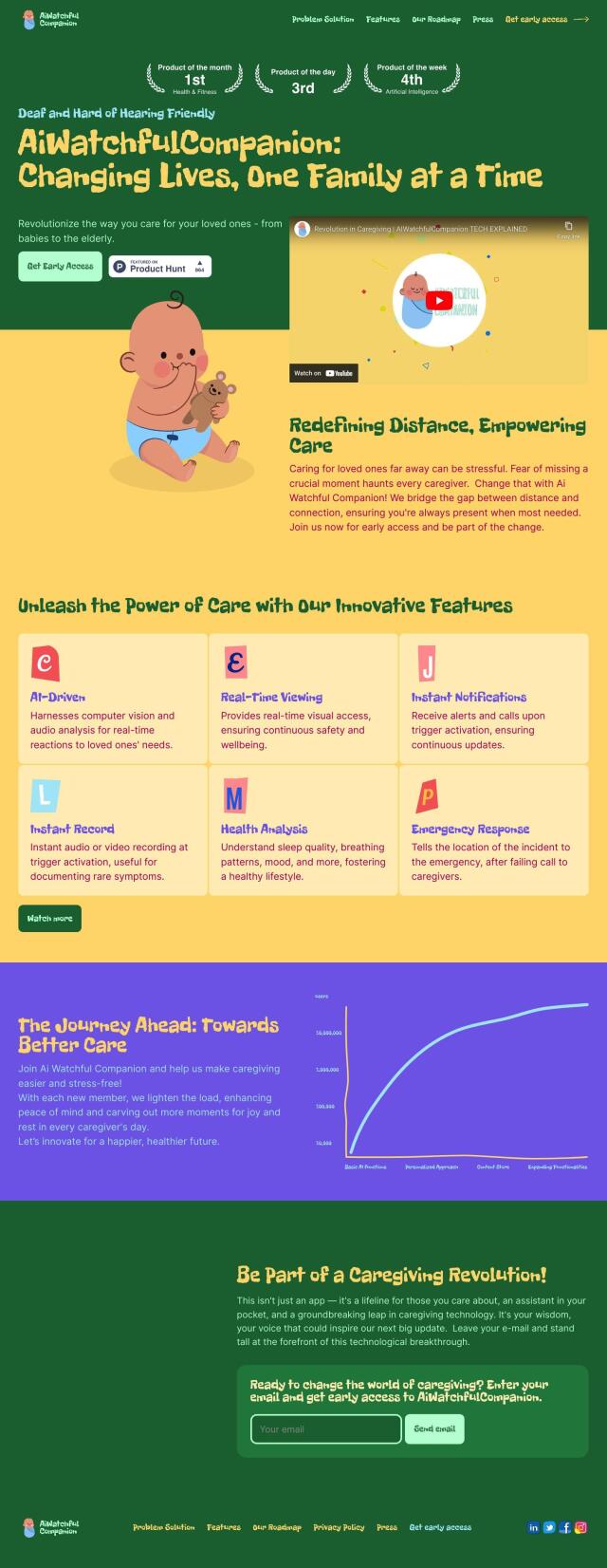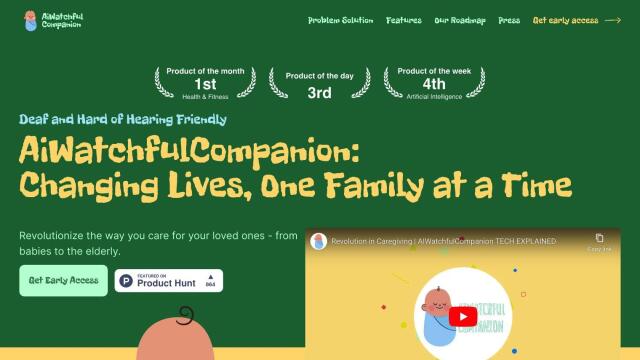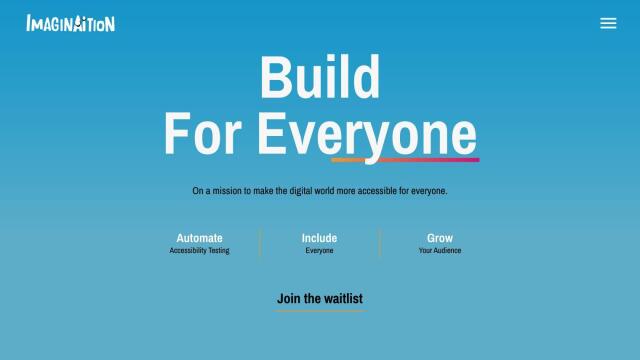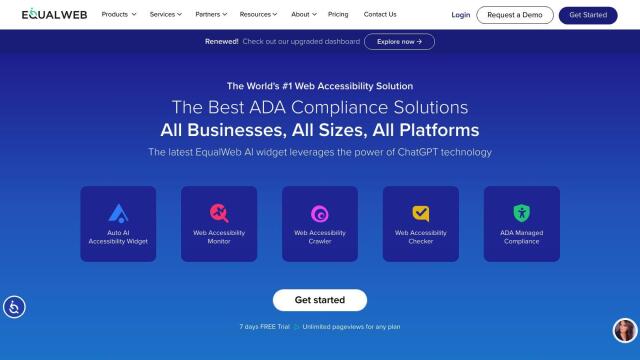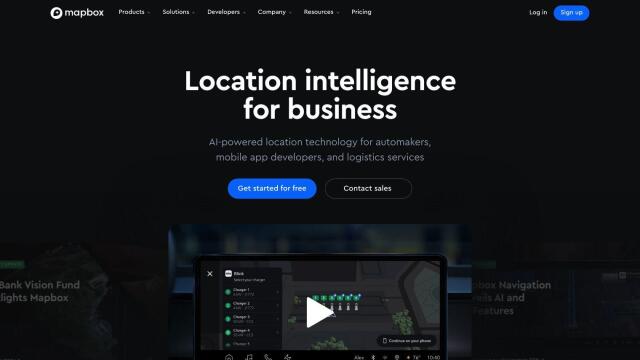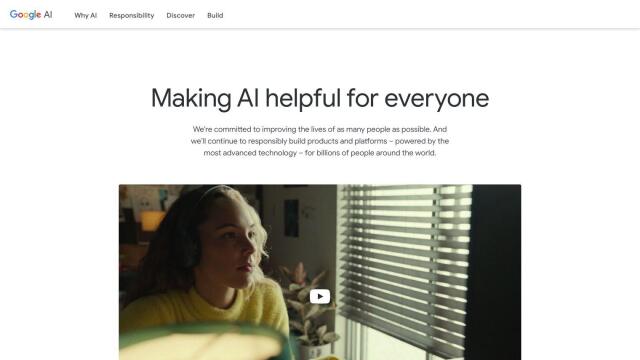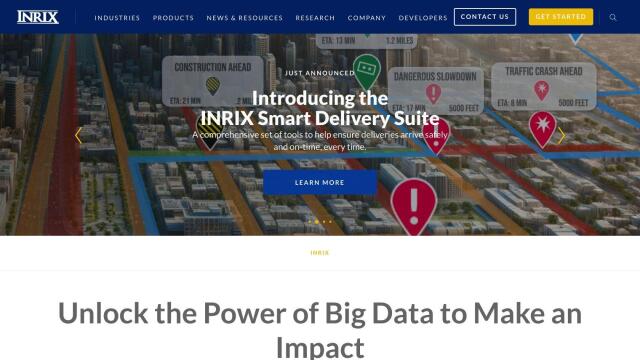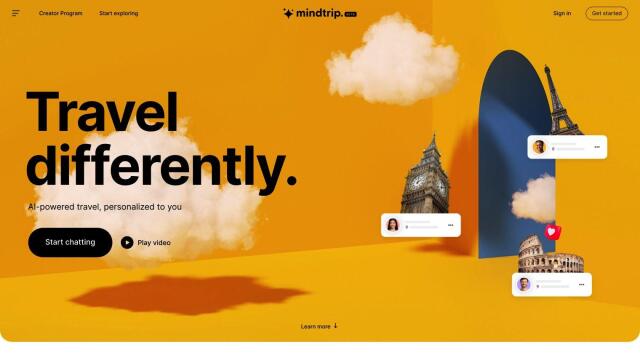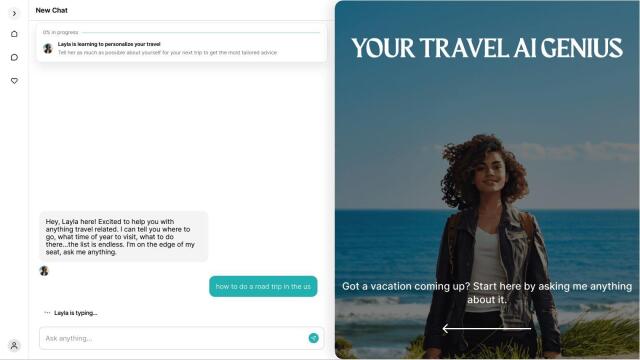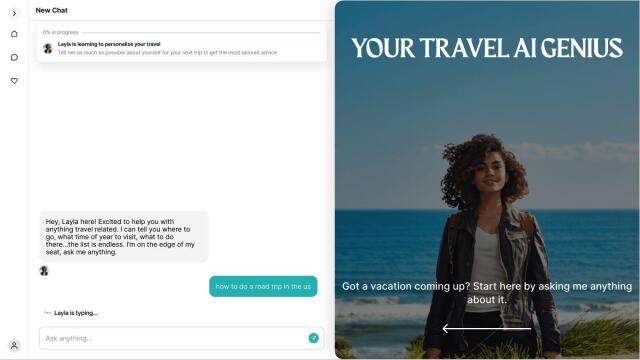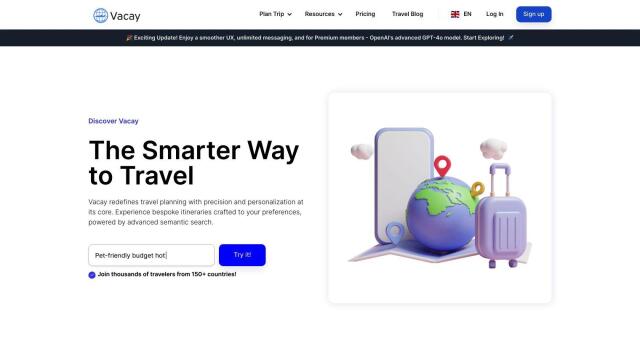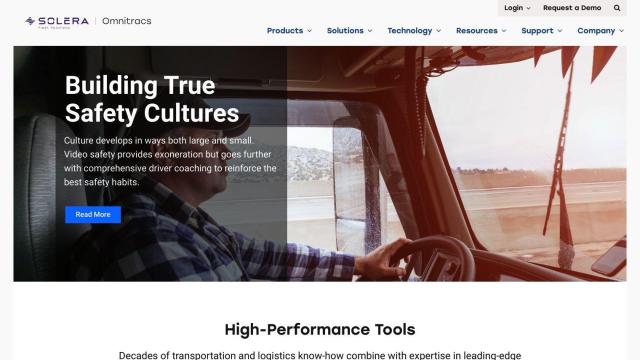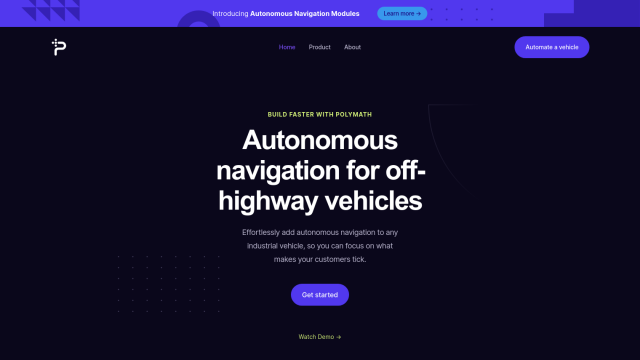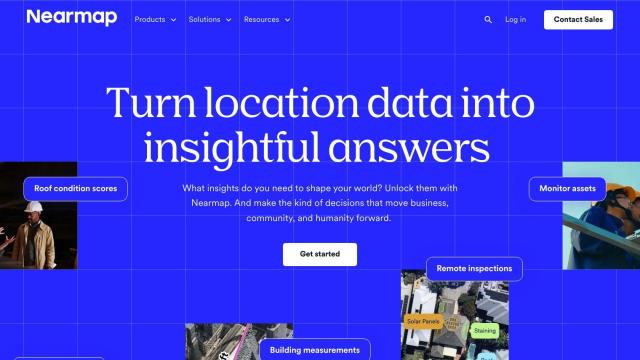Question: Do you know of a ride-hailing service that can accommodate people with disabilities, such as the visually impaired?

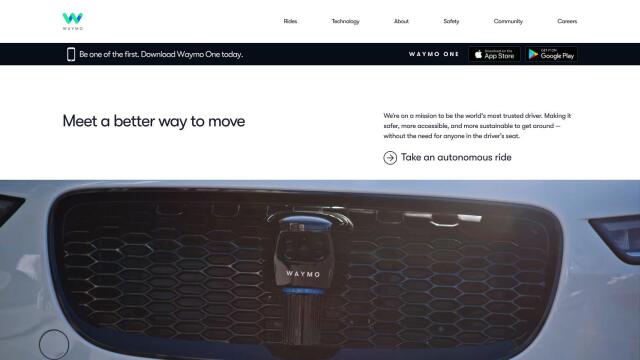
Waymo
If you're in the market for a ride-hailing service that can handle people with disabilities, especially the blind, Waymo is a good choice. Waymo's self-driving ride-hailing service operates 24 hours a day, seven days a week in several cities, including San Francisco and Phoenix, and is coming to Los Angeles and Austin. The company prioritizes safety and accessibility, using a suite of sensors and mapping technology to provide a consistent and safe experience. That makes it a good fit for people with higher mobility needs, including the blind.

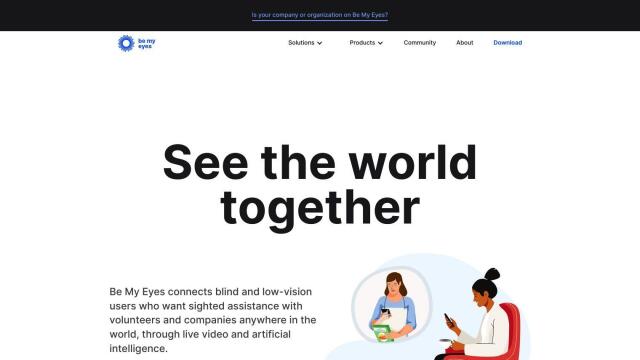
Be My Eyes
Another option is Be My Eyes, which connects blind and low-vision people with sighted volunteers and businesses around the world. The service uses live video and AI to enable accessibility, letting people connect with volunteers or have photos described through its Be My AI feature. The live help can be useful for handling everyday situations, which is why it's a good option for people with vision loss.
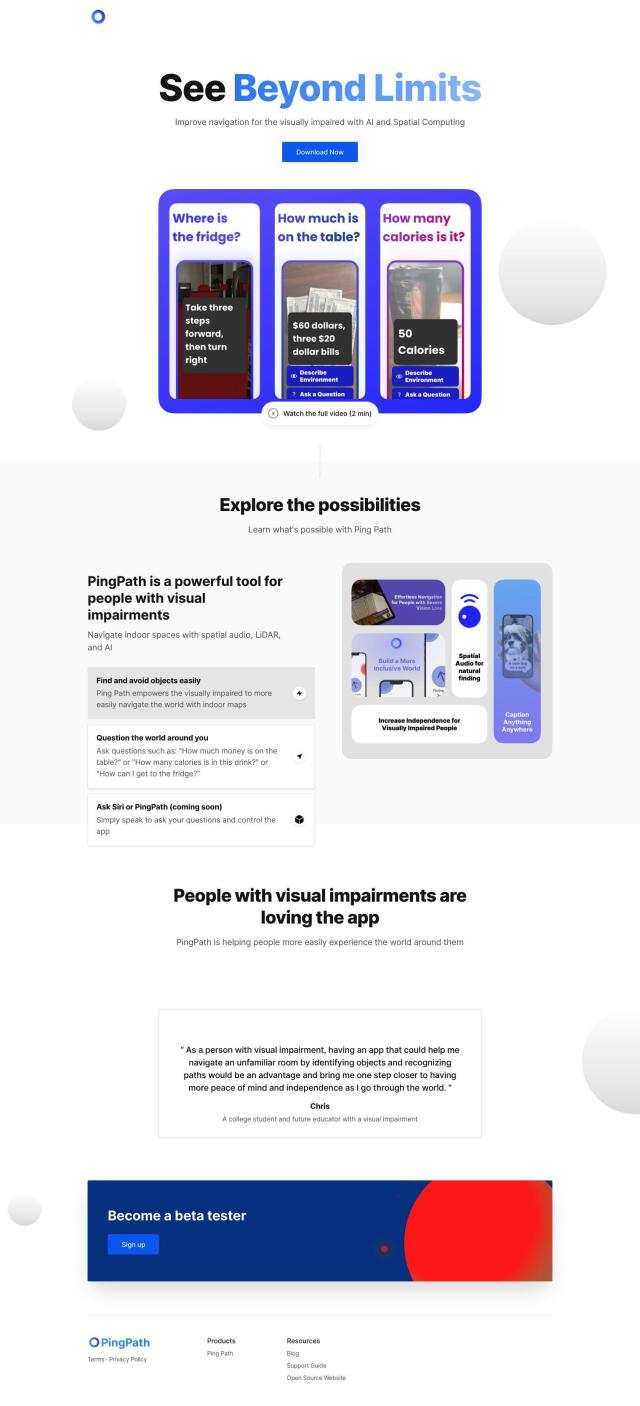
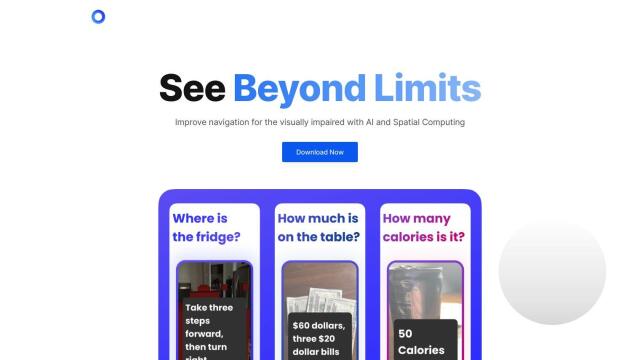
PingPath
For indoor navigation, PingPath uses AI technology that combines spatial audio, LiDAR and AI to help the blind navigate indoors. With object recognition and voice prompts, PingPath is designed to help people with vision loss feel more independent and confident when navigating unfamiliar areas. That can be useful for everyday activities like shopping or traveling.

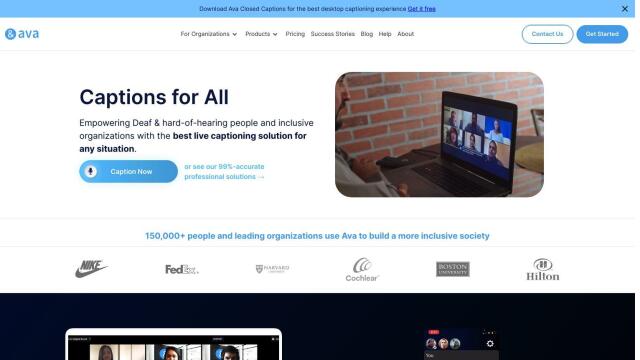
Ava
For live captioning and transcription, Ava offers 24/7 access to real-time communication for Deaf and hard-of-hearing people. Ava uses AI combined with professional captioners to generate captions in real time, supporting a variety of devices. That can be useful for ensuring communication access in videoconferences, meetings and other situations.

